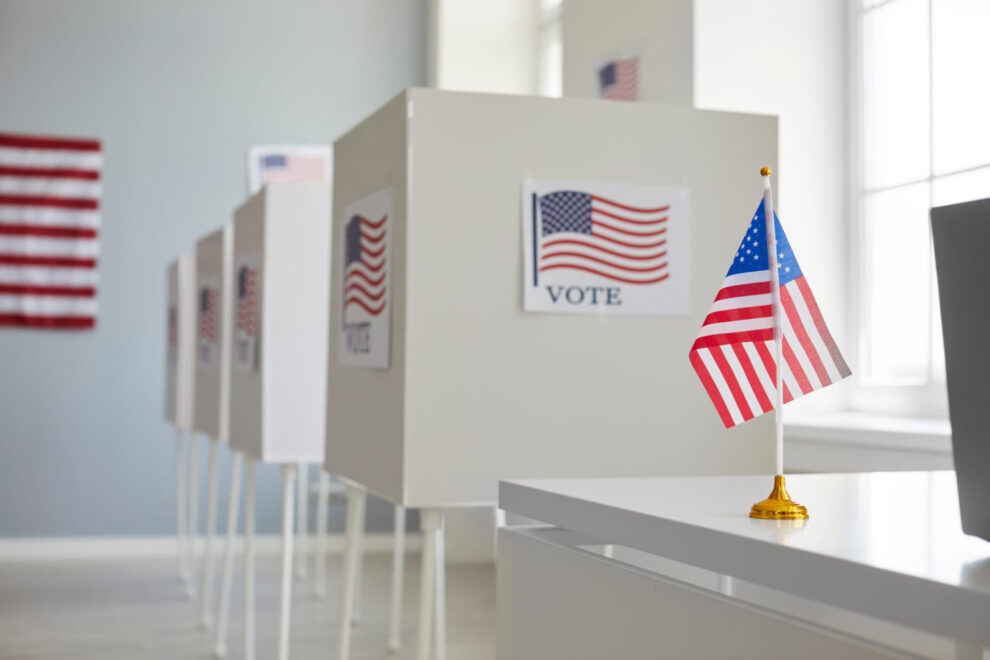Amid high inflation and low housing affordability, and despite a strong economic backdrop, the upcoming U.S. election is expected to be one of the most contentious in history.
Heading into a contentious U.S. election season, investors need to avoid the noise and remain focused on the factors that will drive markets in the period ahead, including U.S. trade policy (particularly with China), geopolitics (particularly any impact on oil markets), and fiscal deficit management (given the CBO projection that the U.S. budget deficit is set to rise to 122.4% of GDP by 2034).

Amid high inflation and low housing affordability, and despite a strong economic backdrop, the upcoming U.S. election is expected to be one of the most contentious in history. For investors, however, staying invested should be a more straightforward decision despite the political turbulence.
Inflation is trending lower, supporting Federal Reserve rate cuts. This, coupled with a still robust economic outlook and strong corporate earnings, should bolster risk assets and lead to a broadening of returns away from just technology. With ample investment opportunities, the main risk ahead is not election-related at all-it is holding cash rather than remaining invested.
Ultimately, cyclical and secular economic factors tend to influence the market more significantly than politics – election noise shouldn’t prompt drastic changes in portfolio allocations.
This does not mean that influential policy doesn’t matter. Taxes, trade, and geopolitical policy can all impact specific industries and the global economy. This election season, investors should pay attention to proposals about U.S. trade (particularly with China), geopolitics (particularly impacts on oil markets), and fiscal deficit management (given the CBO projection that the U.S. budget deficit is set to rise to 122.4% of GDP by 2034), which may influence market volatility.
Historically, avoiding market participation during election volatility has not been advantageous. Investors should thus remain focused on long-term fundamentals and stay invested, allowing election-related noise to pass.
Source: Seeking Alpha
















